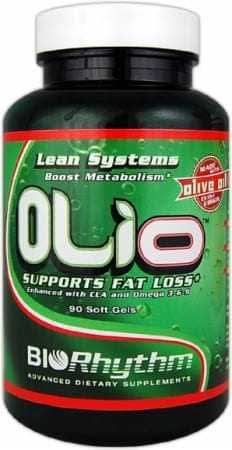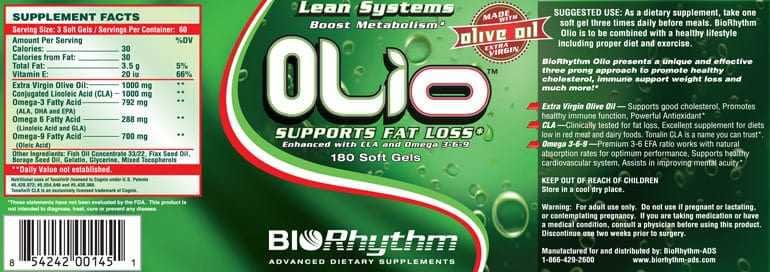U.S. FDA Warns Company Over Olive Oil-Related Claims
The FDA issued a warning letter to Exclusive Supplements for making therapeutic claims about their BioRhythm Olio product online, which the FDA considered unapproved and misbranded as a drug due to claims of lowering cholesterol. The FDA also emphasized that dietary supplement companies must ensure their products meet FDA regulations, even if manufacturing is contracted out, and that health claims on social media platforms like Twitter and Facebook are also closely monitored.
A recent U.S. Food and Drug Administration warning letter is a sobering reminder for dietary supplement companies to be careful in the claims they make online about their products.
The letter last month to Pennsylvania-based Exclusive Supplements raised issues including that the FDA considers therapeutic claims on the company’s website about its BioRhythm brand Olio product — which contains extra virgin olive oil — showed it was intended for use as a drug, and was an “unapproved new and misbranded drug.”
Cholesterol-lowering claim among those cited by FDA
The FDA said examples of the website claims providing evidence BioRhythm Olio is intended for use as a drug include:
- “Supports reduction of ‘bad’ cholesterol”
- “Research indicates a diet that includes olive oil yields less overall disease and lower mortality rates”

The online claims establish the product is a drug because it is “intended for use in the cure, mitigation, treatment, or prevention of disease,” it said, and introducing or delivering such products for introduction into interstate commerce for such uses violates the Federal Food, Drug, and Cosmetic Act (Act).
‘Drugs’ need prior FDA approval
The FDA said BioRhythm Olio — which also contains omega fatty acids and conjugated linoleic acid — was not generally recognized as safe and effective for the above uses and was therefore considered a “new drug” under the Act. New drugs require prior approval from the FDA, which approves new drugs on the basis of scientific data showing they are safe and effective.
It also said that it was offered “for conditions that are not amenable to self-diagnosis and treatment by individuals who are not medical practitioners; “therefore, adequate directions for use cannot be written so that a layperson can use the drug safely for its intended purposes.” Thus the product is misbranded “because its labeling fails to bear adequate directions for use.”
Firms can contract out manufacturing but not responsibility
Furthermore, the FDA said that even if the Olio product did not have therapeutic claims which made it an unapproved new and misbranded drug, it would be considered an “adulterated dietary supplement” because it was prepared, packed, or held under conditions not meeting the Current Good Manufacturing Practice (CGMP) regulations for dietary supplements.
“As a distributor that contracts with other manufacturers to manufacture dietary supplements that your firm releases for distribution under your firm’s name, your firm has an obligation to know what and how these activities are performed so that you can make decisions related to whether the products conform to established specifications and whether to approve and release the products for distribution,” the FDA said.
“Although your firm may contract out certain dietary supplement manufacturing operations, it cannot…contract out its ultimate responsibility to ensure that the dietary supplement it places into commerce…is not adulterated…,” it said.

Tweets and Facebook ‘likes’ also fair game
NutraIngredients-USA online news service said other FDA warning letters have also shown that regulations covering health claims don’t apply only to product labels but also to websites, and that the FDA scrutinizes activity on Twitter and Facebook as closely as it does business websites. In one case the FDA said a company had effectively endorsed an unauthorized drug claim when it ‘liked’ a consumer testimonial on its Facebook page, it reported.
Exclusive Supplements, Inc. president Mark Mangieri told Olive Oil Times that “the specifics the FDA cited were immediately removed from the biorhythm.us site and a revised description of the benefits of supplemental olive oil are currently being considered.”
“Although there is compelling research as to the various health benefits of olive oil, we as a food and supplement industry must be mindful of how and where that information is communicated,” he said.









